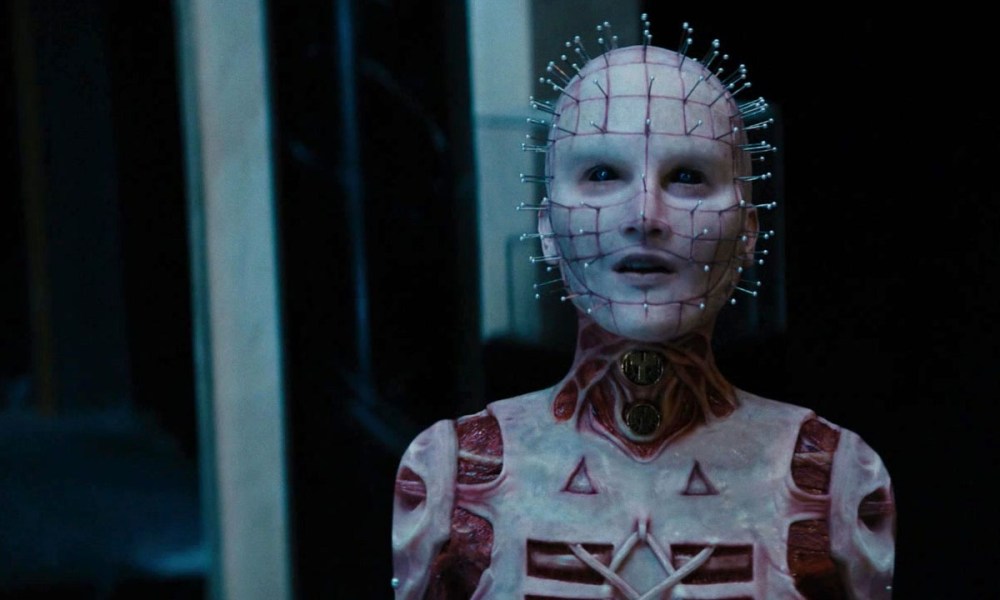Ben Collins and Luke Piotrowski, who penned David Bruckner‘s 2022 reboot of Hellraiser, have detailed their original pitch for the remake of the 1987 horror classic.
Speaking with the Hellraiser: Revival Discord (as reported by Daily Dead), the writers’ original vision drew more inspiration from Clive Barker‘s The Hellbound Heart, the 1986 novella on which Hellraiser is based.
“We wanted to do a very elegant, very hallucinatory version of The Hellbound Heart. Very Black Swan,” said Piotrowski.
“What fascinated us about the original story and film was that Julia is in many ways the real protagonist. Kirsty is sort of the damsel in distress and the climax rests on her shoulders but most of the really juicy, emotional stuff and a great deal of the conflict falls on Julia. That initial pitch basically merged the two characters into one. The task we gave ourselves was to craft a more tragic, sympathetic version of Julia.”
Piotrowski explains, “In our take, she was a woman who was still reeling from the sudden death/disappearance of her husband. While investigating what happened to him, she discovered that she didn’t know him quite as well as she thought she did. He had a secret side, a secret life. Secret desires that he pursued via the occult. In short, she thought her husband was a Larry. After his death, she discovered he was a Frank.”
He continues, “It was the puzzle box and the Cenobites who claimed him, of course. She solves the box and uses it to bargain with the Cenobites to bring him back. They agree… but what they return is not the husband she remembers. Very much like Frank in the original film, her husband comes back a tattered and bloody husk, tortured beyond recognition.
“Like any deal with the devil, it gave her what she wanted but it led to her damnation. In order to restore him, she had to start going out, stalking men, bringing them back to kill and feed him. It was very much a story about a woman mad with grief, trying to numb herself with violent and meaningless sex. And also a story about following a loved one down a dark path. Trying to fill a hole in your soul. Sort of a Lars Von Trier movie in a way.”
Piotrowski adds, “The plan was for her to ultimately renege and try to break the deal, incurring the wrath of the Cenobites. But it was all very dark and elevated and not really anything financiers would be willing to make! I still think it could be incredible, though.”
They didn’t end up using most of these concepts in the final script, as David Goyer had a rough treatment that served as the foundation for the film, which follows a young woman struggling with addiction who comes into possession of the mysterious puzzle box.
“The one thing that carried over from our earliest conversations was the notion that maybe the puzzle box could offer rewards other than incredibly brutal torture,” notes Piotrowski.
“The pain/pleasure line is, of course, interesting. But it’s so extreme that it can be hard to craft a narrative around. We knew we wanted to be able to motivate people to risk using the box for other reasons. To allow for protagonists that weren’t all like Frank while still keeping those elements alive and well.”
Piotrowski and Collins ended up using the basic conceit of their original Hellraiser pitch as the engine for 2020’s The Night House, also directed by Bruckner.

